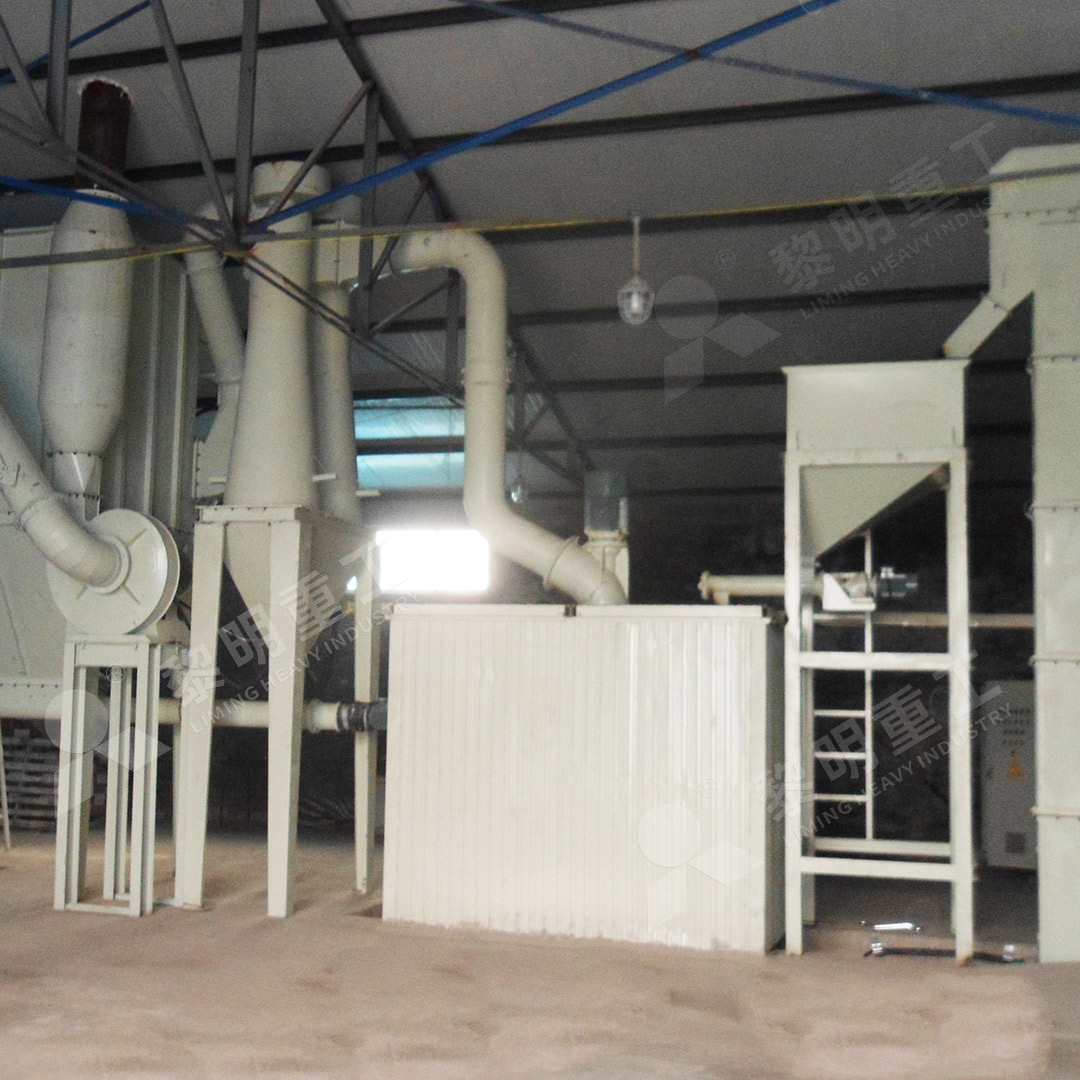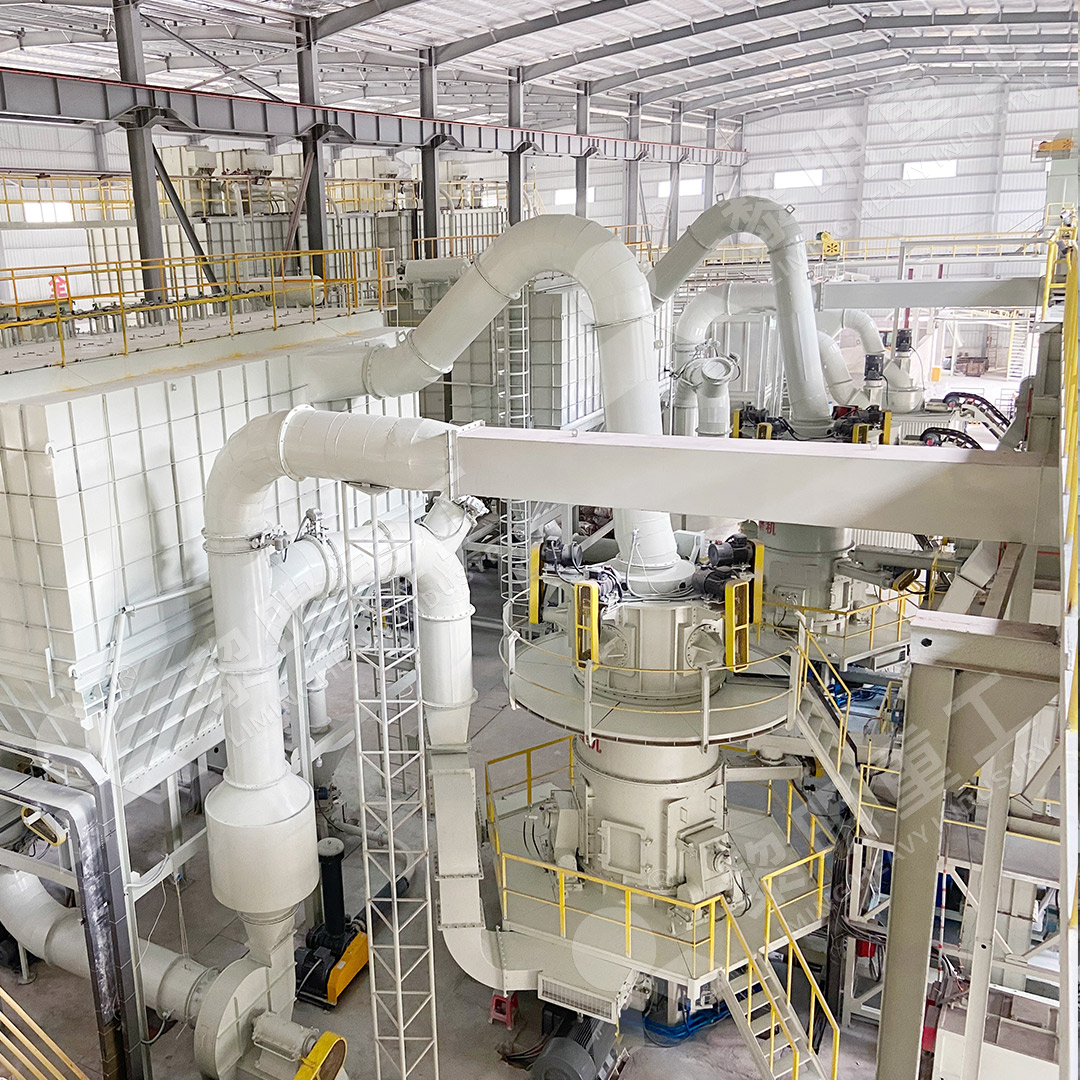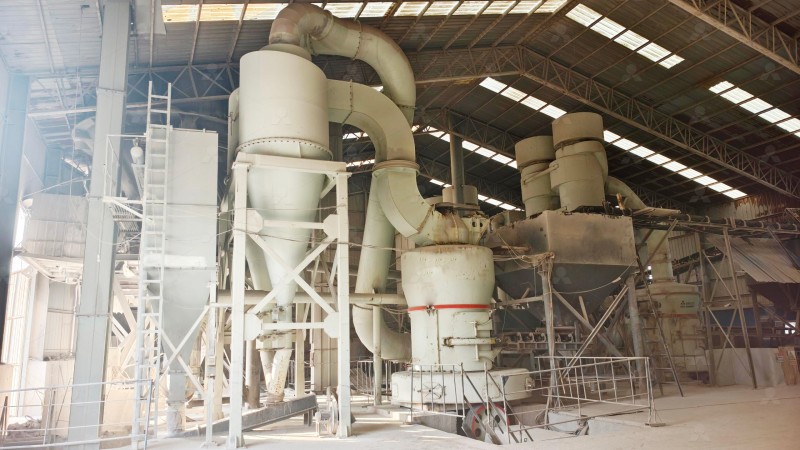Low Noise Kaolin Grinding System for Efficient Mineral Processing
We provide a wide range of mills — including Raymond mill, trapezoidal mill, vertical mill, ultrafine mill, and ball mill, obtained ISO9001 international quality certification, EU CE certification, and Customs Union CU-TR certification. Suitable for processing minerals such as limestone, phosphate, quicklime, kaolin, talc, barite, bentonite, calcium carbonate, dolomite, coal, gypsum, clay, carbon black, slag, cement raw materials, cement clinker, and more.
The discharge range of these mills can be adjusted to meet specific processing needs, typically from 80-400 mesh, 600-3250 mesh, and can achieve the finest particle size of up to 6000 mesh(D50).
If you are looking for a reliable grinding solution to turn stone or minerals into fine powder, please feel free to contact our online customer service.
Low Noise Kaolin Grinding System for Efficient Mineral Processing
In today’s competitive mineral processing industry, achieving optimal efficiency while maintaining environmental compliance presents significant challenges. Kaolin processing operations face particular difficulties with noise pollution, energy consumption, and product contamination. Traditional grinding systems often fall short in addressing these concerns simultaneously.
The pursuit of superior kaolin processing has driven technological innovation in grinding equipment design. Modern systems must deliver fine particle size distribution while operating quietly, consuming minimal energy, and preventing product contamination. These requirements have pushed manufacturers to develop advanced solutions that outperform conventional approaches.

Advanced Grinding Technology for Kaolin Applications
Kaolin’s unique physical and chemical properties demand specialized processing equipment. The mineral’s softness requires gentle yet efficient grinding to prevent degradation of its valuable characteristics. Additionally, kaolin’s widespread use in paper, ceramics, and cosmetics necessitates exceptional product purity and consistent particle size distribution.
Our MW Ultrafine Grinding Mill represents a breakthrough in kaolin processing technology. With an input size capacity of 0-20 mm and throughput ranging from 0.5 to 25 tph, this system accommodates various production requirements. The mill’s innovative design incorporates German cage-type powder selector technology, enabling precise fineness adjustment between 325-2500 meshes while achieving remarkable screening rates of d97≤5μm in a single pass.
Noise Reduction and Environmental Compliance
Industrial noise represents one of the most significant challenges in mineral processing facilities. Prolonged exposure to high decibel levels can impact worker health and necessitate costly hearing protection programs. Modern grinding systems must address this concern without compromising processing efficiency.
The MW Ultrafine Grinding Mill integrates multiple noise-reduction technologies, including specialized mufflers and noise elimination chambers. These features work in concert to maintain operational volumes well within regulatory requirements. The integrated pulse dust collector ensures dust-free operation, protecting both workers and the surrounding environment from particulate contamination.

Energy Efficiency and Operational Economics
Power consumption constitutes a major portion of operational costs in kaolin processing. Traditional grinding methods often waste significant energy through heat generation and mechanical inefficiencies. The MW Ultrafine Grinding Mill addresses this challenge through optimized grinding curves and advanced mechanical design.
Comparative studies demonstrate that our system consumes approximately 30% less energy than jet grinding mills while achieving 40% higher production capacity. The elimination of rolling bearings and screws within the grinding chamber reduces maintenance requirements and prevents contamination from worn mechanical components. External lubrication systems enable continuous 24-hour operation without shutdowns for maintenance.
System Integration and Process Optimization
Successful kaolin processing requires seamless integration of multiple system components. From initial material handling through final product collection, each stage must operate harmoniously to ensure consistent product quality and operational efficiency.
For operations requiring vertical grinding configuration, our LUM Ultrafine Vertical Grinding Mill offers complementary capabilities. With input size handling up to 10 mm and capacity ranging from 5-18 tph, this system incorporates Taiwanese grinding roller technology and German powder separation techniques. The reversible structure simplifies maintenance, while double position-limiting technology ensures operational stability under varying load conditions.

Digital Precision and Quality Assurance
Modern mineral processing demands precise control over product specifications. Digital processing technologies enable unprecedented accuracy in manufacturing critical components, particularly grinding surfaces and separation mechanisms.
Our grinding systems benefit from numerically controlled machining processes, including cutting, bending, planing, milling, and paint spraying operations. This digital precision translates to superior grinding performance, extended component life, and consistent product quality batch after batch.
Frequently Asked Questions
What makes the MW Ultrafine Grinding Mill particularly suitable for kaolin processing?
The MW Mill’s gentle grinding action preserves kaolin’s structural integrity while achieving precise particle size distribution. The absence of rolling bearings and screws in the grinding chamber prevents metallic contamination, crucial for high-purity applications.
How does the system achieve such significant noise reduction?
Integrated mufflers, noise elimination chambers, and precision engineering minimize vibration and air turbulence, the primary sources of grinding system noise. The pulse dust collector further reduces noise by containing air movement within optimized pathways.
What maintenance advantages does the MW Ultrafine Grinding Mill offer?
The external lubrication system allows maintenance without production stoppages. The simplified mechanical design reduces wear parts, and the absence of internal bearings eliminates a common failure point in conventional grinding systems.
Can the system handle variations in kaolin feedstock quality?
Yes, the adjustable grinding parameters and sophisticated separation technology accommodate normal variations in raw material characteristics while maintaining consistent product quality.
What technical support is available for system optimization?
We provide comprehensive technical services and original spare parts support to ensure worry-free operation. Our experts can assist with process optimization specific to your kaolin processing requirements.
